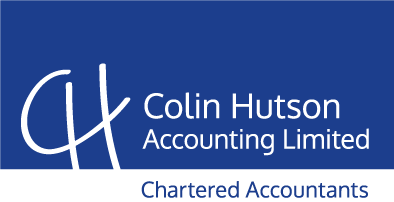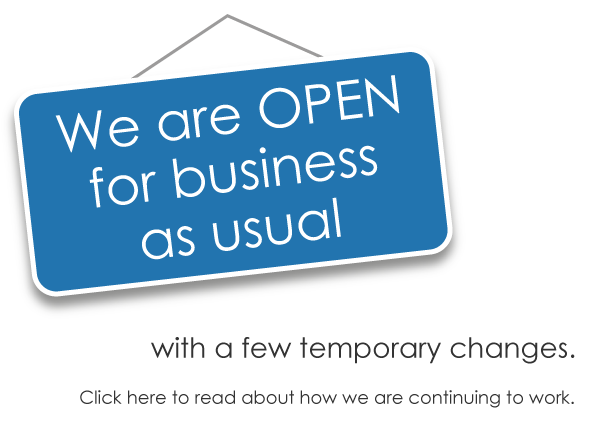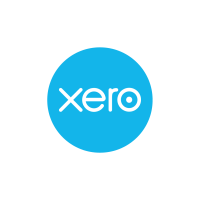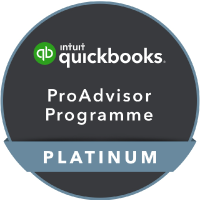Tel No: 01609 778602
Email: [email protected]
Coronavirus Guidance for Self-employed
Income Support Scheme
A self-employed individual (including a partner in a partnership) may claim support in the form of a grant under the Self-employed Income Support Scheme (the ‘Scheme’).
A person trading through a limited company is not eligible for the SEISS. The key points of the SEISS are set out below.
An individual is eligible for the Scheme where they satisfy all of the following conditions:
they carried on a trade in 2019/20;
they have submitted their tax return for 2018/19 by 23 April 2020;
they carried on a trade in 2019-20;
they intend to continue to trade in 2020/21; and
their trade has been ‘adversely affected’ by COVID-19.
Warning!
With regard to the final bullet point above, the person will need to confirm to HMRC that their business has been “adversely affected” by COVID-19. HMRC’s guidance includes examples of circumstances in which this condition may be met including where the person has been ill with COVID-19 and where they have scaled-down their activities due to the impact of COVID-19 on their customers.
A person is excluded from the SEISS where they are a high earner or where they have significant other income. The exclusion applies unless at least one of the following tests is met:
Condition 1: For 2018-19, the person’s trade profits:
are more than £0 and less than £50,001; and
they are equal to or more than the person’s non-trading income.
Condition 2: For the relevant period, the person’s trade profits:
- on average, are more than £0 and less than £50,001; and
- in total, are equal to or more than the person’s total non-trading income.
The figures for trade profits and non-trading income are based on entries on the person’s tax return(s). The relevant period is determined by how long the person has traded: where they traded in all of 2016-17, 2017-18 and 2018-19, the relevant period is those three tax years; and where they traded in 2017-18 and 2018-19 only, the relevant period is those two tax years. In any other case, Condition 2 does not apply.
HMRC provide an online tool for checking whether or not an individual qualifies for the SEISS. The tool can be used by the individual or by their agent. The person’s tax reference number and National Insurance number are required to use the tool. The tool can be accessed using the link in HMRC’s Guidance
The amount of the grant is equal to 1/12th of the individual’s average annual trade profits x 3 x 80%. It cannot exceed £7,500.
The grant is claimed through an online portal (here, under ‘How to claim’). The individual must make the claim; it is not possible for an agent to make a claim on behalf of a client. On opening the portal, the individual will be presented with HMRC’s calculation of the grant and they will be asked to confirm that they meet all of the conditions. The grant will be paid within 6 working days of the application having been made.
Warning!
Where you disagree with HMRC it is possible to request a review. With regard to the eligibility checker, this can be done by clicking on the link to request a review; and with regard to the amount of the grant, you should use this online form (see HMRC’s guidance for the information required). In both cases, the agent may request a review on behalf of their client.
The grant is taxable income for the individual.
The rules are modified in certain circumstances; for example, where the loan charge applies.
Contact us for a calculator which will provide an estimate of the grant you are likely to receive under the Scheme.
HMRC will contact eligible individuals and invite them to apply online. This is likely to be in mid-May.
Other resources:
- HMRC webinar; HMRC’s tool for checking that a person qualifies for the scheme
- Legislation: The Coronavirus Act 2020 Functions of HMRC (SEISS) Direction
- Check if you can claim a grant through the SEISS;
- How HMRC works out trading profits and non-trading profits for the SEISS;
- How different circumstances affect the SEISS;
- Claim a grant through the SEISS
- ICAEW
- CIOT
Deferral of 31 July 2020 POA
The second payment of account (POA) for 2019/20 – due on 31 July 2020 – has been deferred until 31 January 2021. No penalties or interest will be charged in respect of the deferral period.
This change applies automatically; i.e. there is no need to apply to HMRC for the deferral.
Universal Credit
The person is able to claim Universal Credit, providing they meet the usual criteria.
The following changes related to COVID-19 have been made to Universal Credit:
- from 19 March 2020, all requirements to attend the jobcentre in person are suspended; and
- from 6 April 2020:
- the standard allowance will be increased by £20 per week; and
- the requirements of the Minimum Income Floor will be temporarily relaxed.
By way of an example, from 6 April 2020, a single Universal Credit claimant aged 25 or over will be entitled to a standard allowance of £409.89 per month.
Support for rent costs is paid through Universal Credit. From April, the Government is increasing Local Housing Allowance rates to the 30th percentile of market rents.
A new claim for Universal Credit may be made here
Existing claimants should report a change in their circumstances through their online journal, here
Government guidance:
Coronavirus and claiming benefits
New to Universal Credit
(an overview of Universal Credit including guidance on the eligibility criteria and details of the amounts payable)
Other guidance:
Tax credits and benefits pages of the LITRG website
(useful introduction to benefits)
Salaried member of an LLP: Job Retention Scheme
A salaried member of a Limited Liability Partnership (LLP) is designated as an employee for tax purposes and is eligible to be furloughed under the Job Retention Scheme. The government’s guidance in this regard is reproduced in full below.
Extract from the government’s guidance
Members of LLPs who are designated as employees for tax purposes (‘salaried members’) under the Income Tax (Trading and Other Income) Act (ITTOIA) 2005 are eligible to be furloughed and receive support through this scheme.
The rights and duties of a member of an LLP are set out in an LLP agreement and in the absence of an agreement, default provisions in the LLP Act 2000, based upon company and partnership law. Such an agreement may include separate agreement between the LLP and an individual member setting out the terms applicable to that member’s relationship with the LLP.
To furlough a member, the terms of the LLP agreement (or any such agreement between the LLP and the member) may need to be varied by a formal decision of the LLP, for example to reflect the fact that the member will perform no work in the LLP for the period of furlough, and the effect of this on their remuneration from the LLP. For an LLP member who is treated as being employed by the LLP (in accordance with s863A of ITTOIA 2005), the reference salary for this scheme is the LLP member’s profit allocation, excluding any amounts which are determined by the LLP member’s performance, or the overall performance of the LLP.






